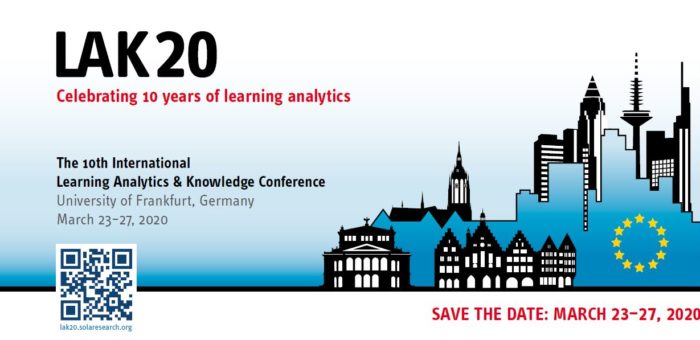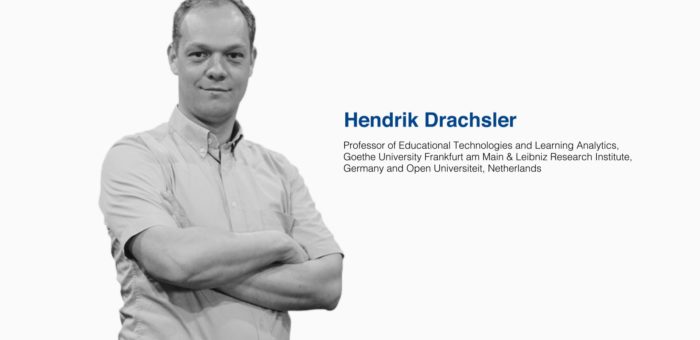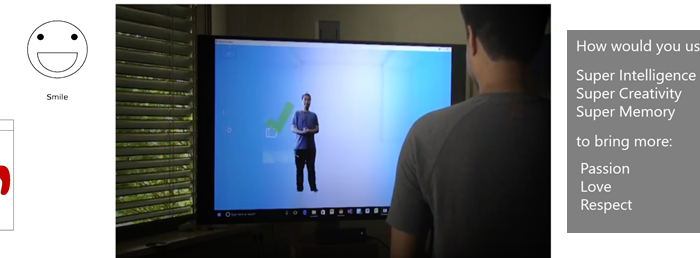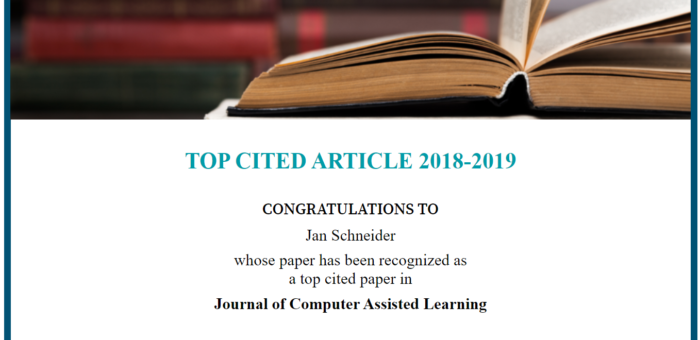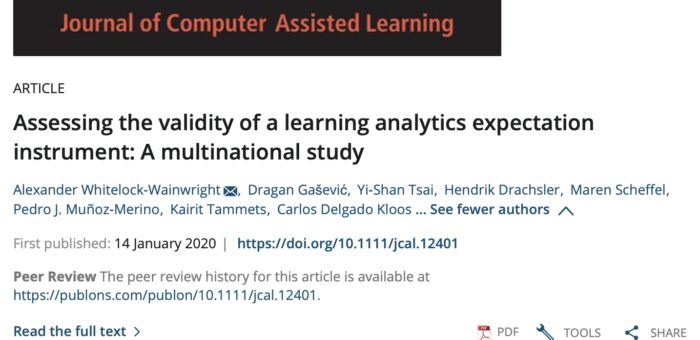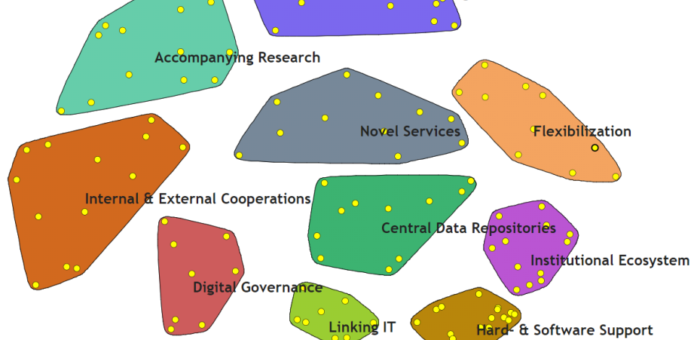
German Code of Conduct for Learning Analytics
Verhaltenskodex zur Anwendung von Learning Analytics Für besseres Lehren und Lernen an der Hochschule: Studierendendaten verantwortungsvoll einsetzen Mit neuen Techniken können Hochschulen inzwischen Daten, die Studierende während digitaler Lernprozesse generieren, dazu einsetzen, die Lernenden beim Erreichen ihrer Studienziele zu unterstützen. Dieses Vorgehen wird Learning Analytics genannt. Es erfordert jedoch einen verantwortungsbewussten und ethisch angemessenen Umgang mit den Daten. Dabei kann eine Selbstverpflichtung helfen. Hierfür stellen das DIPF | Leibniz-Institut für Bildungsforschung und Bildungsinformation, die Goethe-Universität Frankfurt und die TU Darmstadt interessierten Hochschulen jetzt eine strukturierte Vorlage bereit: den „Verhaltenskodex für Trusted Learning Analytics“. „Der Verhaltenskodex ist für Hochschulen gedacht, die sich als lernende Organisation verstehen und mittels Learning Analytics die Qualität des Lehrens und Lernens verbessern wollen“, sagt Hendrik Drachsler, Professor für Educational Technologies am DIPF und an der Goethe-Universität.…


